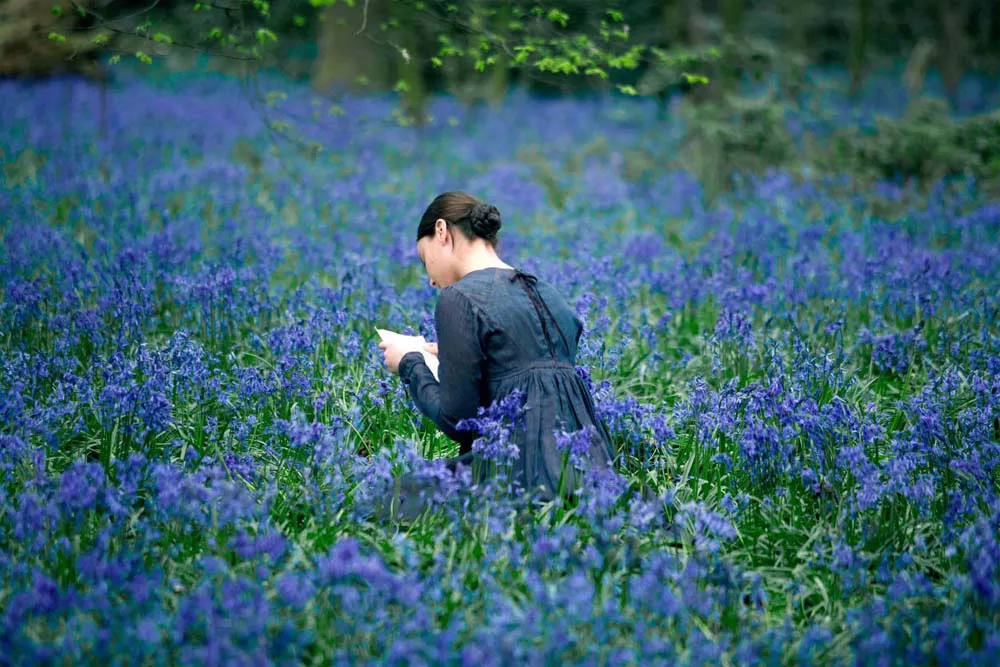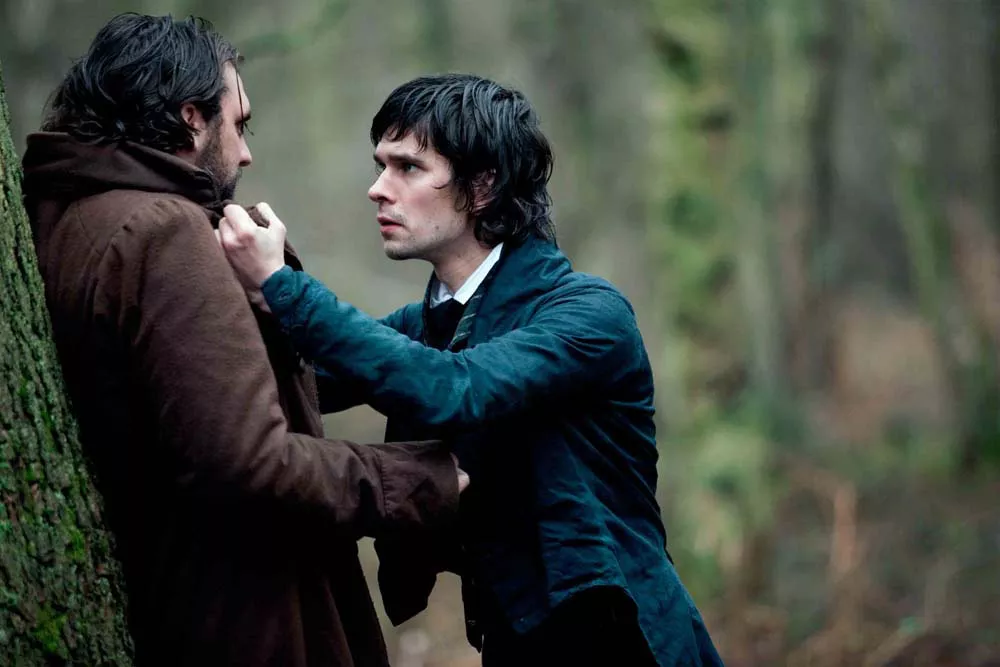Friday, September 25, 2009
Film / Film Reviews / News Bright Star a luminous experience
Posted By Matt Brunson on Fri, Sep 25, 2009 at 2:24 PM
By Matt Brunson
BRIGHT STAR
***1/2
DIRECTED BY Jane Campion
STARS Abbie Cornish, Ben Whishaw
Eroticism is a state of mind rather than a state of undress, and in that regard, it's not much different from romanticism, its partner-in-sublime. On the silver screen, it can be presented to us in the most subtle of ways, particularly when the film's protagonists exist in a society or period known for its repressive airs.
Two of the best examples hail from a pair of pictures that were both released in 1993. In James Ivory's The Remains of the Day, it's reflected in a sequence in which the English servants played by Anthony Hopkins and Emma Thompson wrestle with their emotions as they pass off a book in his darkened chamber. Even better is the scene in Martin Scorsese's The Age of Innocence, whereupon a passionate Daniel Day-Lewis makes love to the only naked flesh visible on Michelle Pfeiffer's body: the wrist peeking out from between her glove and sleeve.
Bright Star, the deeply romantic new movie from Oscar-winning writer-director Jane Campion, has several scenes of this nature, although my favorite has to be when poet John Keats (Ben Whishaw) explains to his great love Fanny Brawne (Abbie Cornish) how he will press his lips to the letters he writes her, so that when she receives them, she may likewise caress the paper with her mouth and thereby experience his kisses firsthand. In the wrong hands, such a scene could come across as pretentious or self-important or even risible, but Campion, firmly in control of her material, makes us understand how these lovers, whom fate has decreed will never be able to consummate their relationship, must create their own chaste versions of conjugal bliss.
Commencing in 1818 London, the story of Bright Star, with its key events based in fact but its smaller ones colored in by Campion's poetic license, takes place over the course of a couple of years, as the forward and fashion-conscious Fanny (she designs and sews her own clothes, and are they nice!) makes the acquaintance of two English poets trying to build names for themselves. One is Charles Brown (Asheville native Paul Schneider), who views Fanny as no more than a bubble-headed flirt and frequently engages her in vicious verbal combat (she holds her own quite nicely, thank you). The other is Keats, who's initially preoccupied with tending to his dying brother but in time falls for the lovely Fanny. She's equally smitten, but since he's penniless and since the women of the day were expected to set their sights on men with money, their love seems doomed — even before he develops that bothersome cough.
Bringing the creative process to life on screen is always an uphill battle — how does one turn thoughts into something tangible? — but Campion uses the characters' dialogue to provide reasonably sturdy stepping stones into often abstract territory. Fanny's strong desire to learn about poetry — to understand it, to appreciate it — stirs our own interest (perhaps buried since college!), and Keats responds with an absolutely lovely speech comparing poetry to a dive in the lake. A similar respect for the craft remains on view throughout the picture, thereby never reducing the art to a mere plot device but rather constantly working it into the very fabric of the film.
Whishaw projects the right amount of soulful sensitivity as Keats, while Cornish exhibits the proper mix of feisty free spirit and wracked romantic in a nicely balanced portrayal. And then there's Schneider, whose boorish character isn't usually found in tasteful period pieces of this nature. His presence sparks the proceedings and provides the film with a zesty lining, and it'd be nice to see this Carolina boy pick up a deserved Oscar nomination.
As for Campion, she's made several films over the past 16 years, but all have been disappointments in the wake of her 1993 masterpiece The Piano. Bright Star isn't in the same ballpark as The Piano — heck, it's not even in the same time zone — but it's the first Campion movie since then to warrant 10 Best consideration. It's that special.
Speaking of...
-
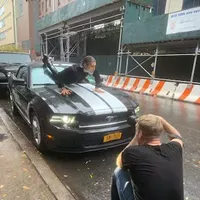
Computer Science And Photography – Matthew Mills a Photographer in NYC Explains This Unlikely Pairing
Nov 22, 2020 -

Imagicomm Entertainment to Make Blue Ridge Available on Multiple Platforms
Oct 15, 2020 -

The Moffett Restaurant Group Celebrates the 20th Anniversary of Barrington’s Restaurant
Oct 12, 2020 - More »
Latest in The CLog
More by Matt Brunson
-

Fanning flames of expectation
Apr 26, 2019 -
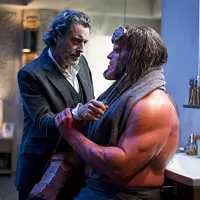
That burning sensation
Apr 19, 2019 -
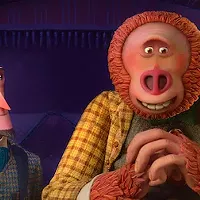
Gentle giant
Apr 19, 2019 - More »


